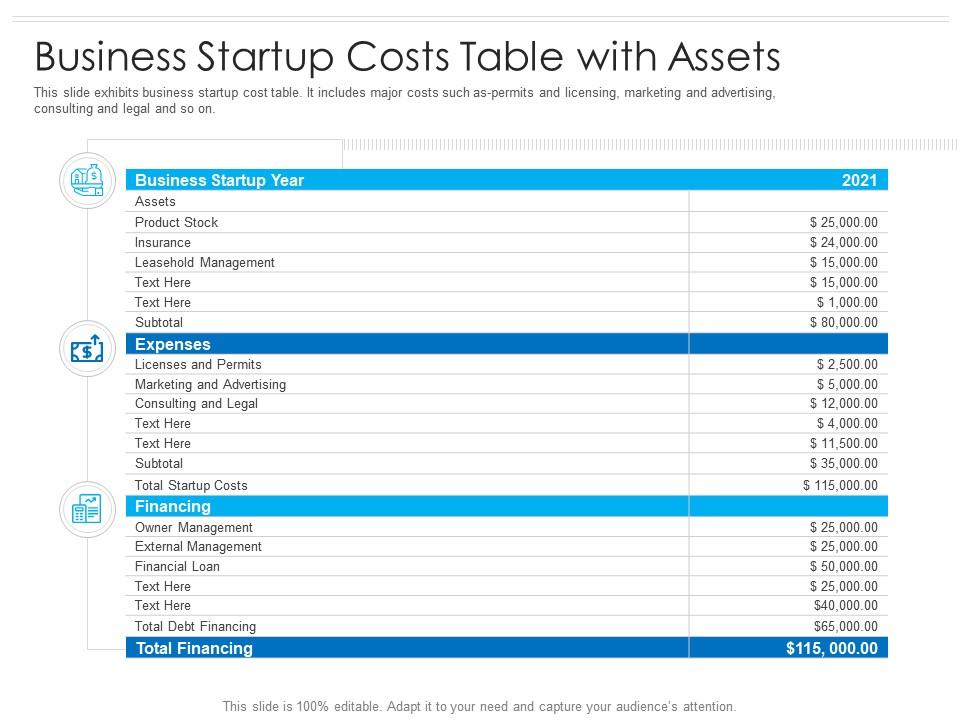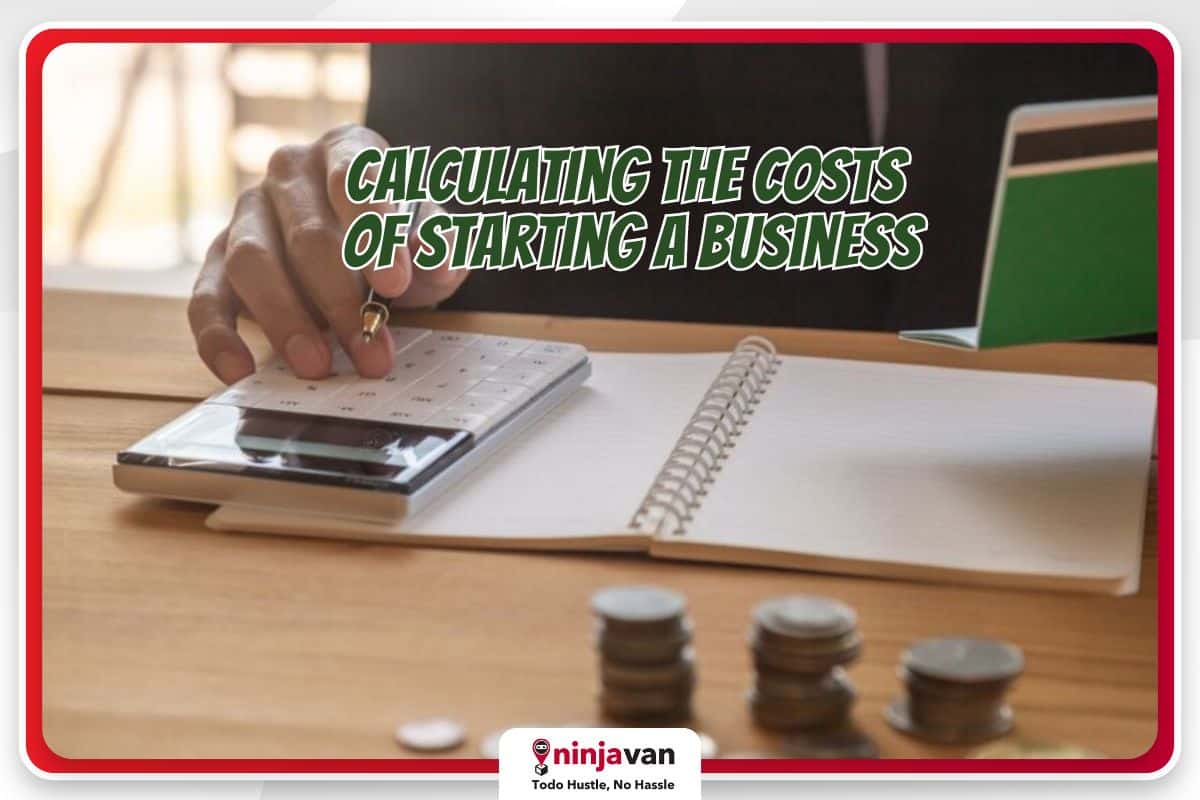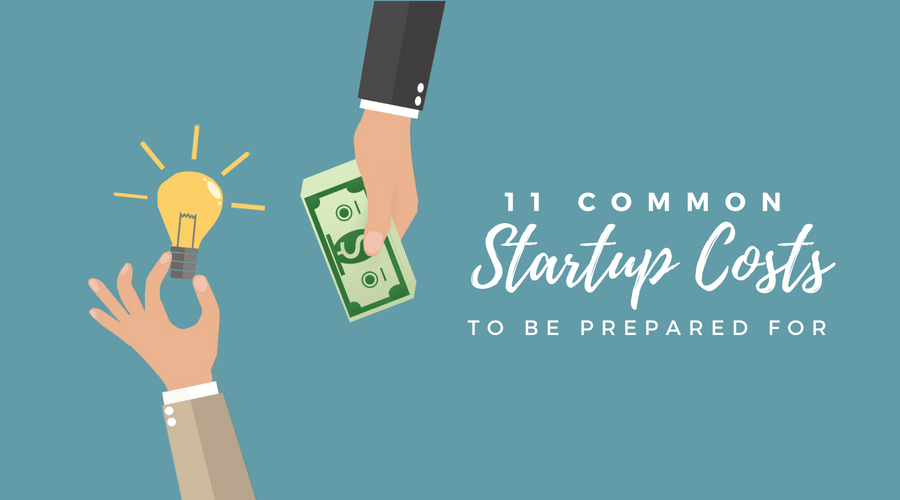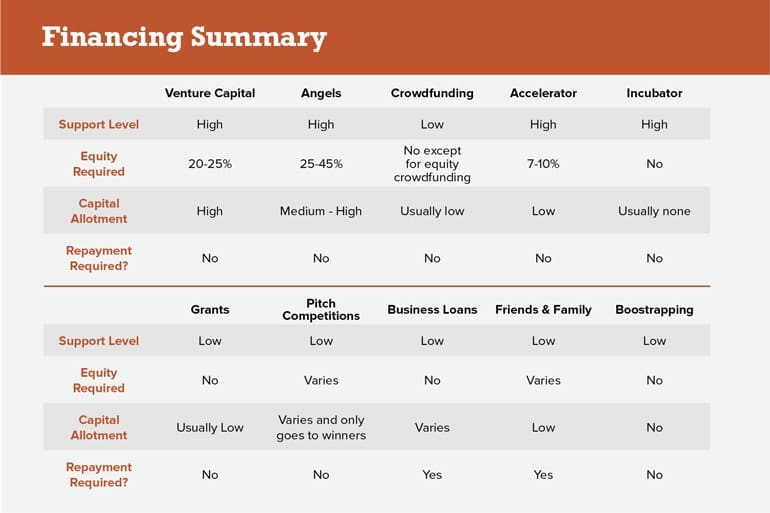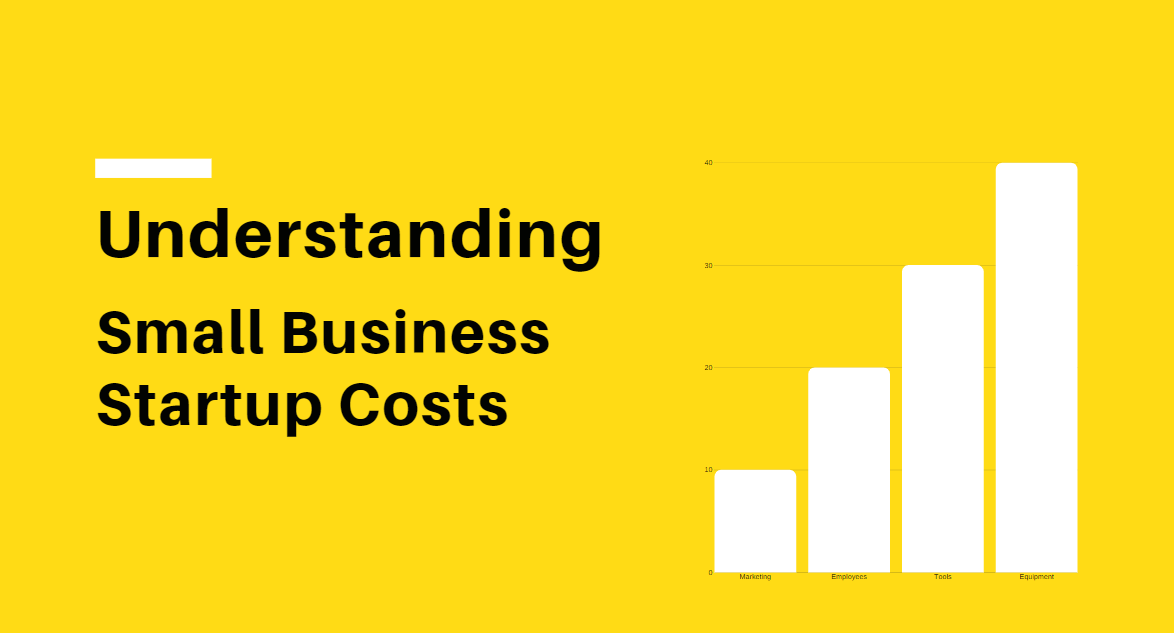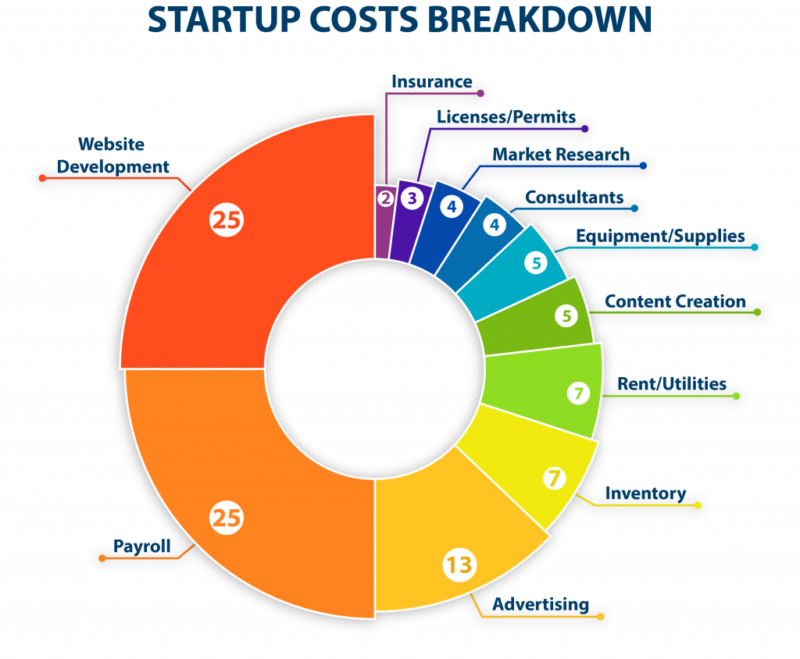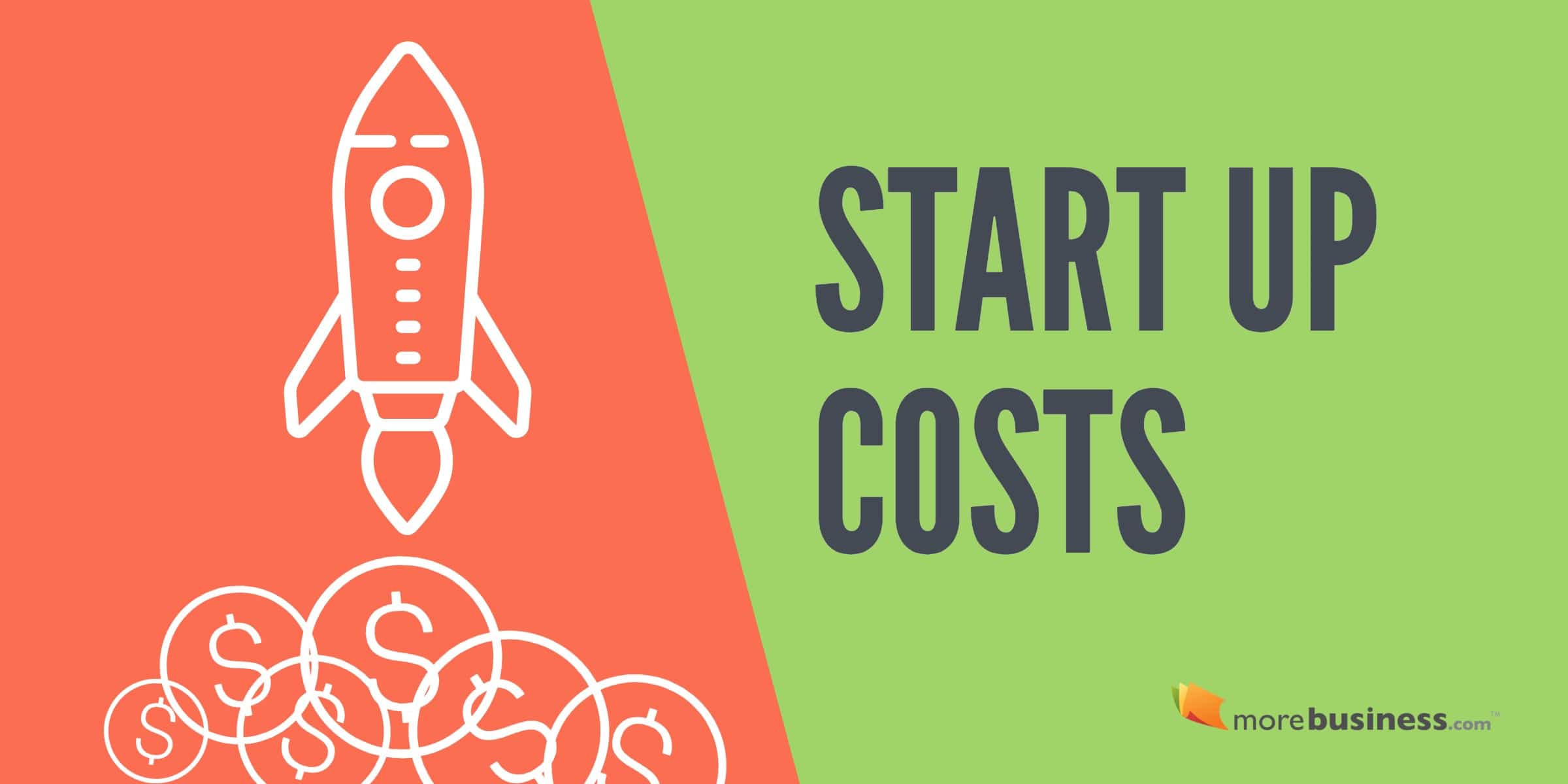How Much Does It Cost To Start A Company
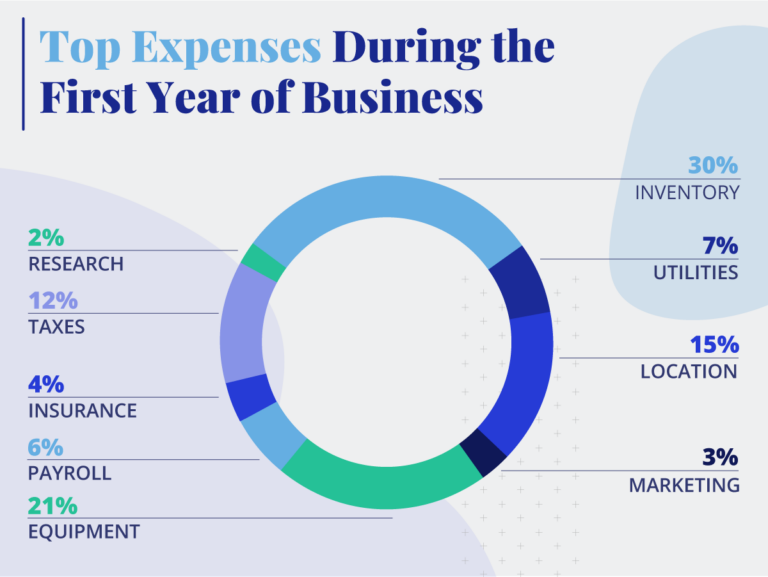
The entrepreneurial dream often begins with a simple question: How much will it cost to bring my idea to life? The answer, unfortunately, is rarely simple. Startup costs can vary wildly, influenced by factors ranging from industry and location to the founder's bootstrapping abilities and access to capital.
This article delves into the multifaceted world of startup expenses, examining typical cost drivers and offering insights into budgeting and funding options for aspiring business owners. Understanding these financial realities is crucial for anyone considering taking the plunge into entrepreneurship, potentially impacting their success and long-term viability.
Understanding the Variable Costs
Startup costs are rarely fixed; they are heavily dependent on the nature of the business. A tech startup developing software, for instance, will likely face significant expenses related to software development, server infrastructure, and specialized talent. In contrast, a service-based business, like a freelance writing agency, may have lower initial costs, primarily focused on marketing and basic equipment.
Location also plays a major role. Renting office space in New York City or San Francisco, for example, will be significantly more expensive than in a smaller, less competitive market. Similarly, labor costs, utilities, and even licensing fees can vary widely across different states and municipalities.
Key Expense Categories
Several core categories contribute to the overall cost of launching a business. These include:
- Legal Fees: Establishing the business structure (e.g., LLC, S-Corp), drafting contracts, and securing necessary permits and licenses.
- Marketing & Advertising: Building brand awareness through website development, social media campaigns, and traditional advertising.
- Equipment & Supplies: Purchasing necessary equipment, tools, and supplies for day-to-day operations.
- Rent & Utilities: Securing office or retail space and covering utility costs such as electricity, water, and internet.
- Salaries & Wages: Compensating employees or contractors, if applicable.
Data from the Small Business Administration (SBA) suggests that the average startup cost for a small business in the United States can range from $3,000 to $3 million. This vast range highlights the diverse nature of businesses and the varying degrees of investment required.
Funding Options and Bootstrapping
Securing adequate funding is a critical step in launching a business. Options range from self-funding (bootstrapping) to seeking external investment. Bootstrapping involves using personal savings, loans from friends and family, and reinvesting early profits to finance the business.
For startups requiring larger amounts of capital, venture capital, angel investors, and small business loans are potential avenues. Venture capital firms invest in early-stage companies with high growth potential, while angel investors provide seed funding in exchange for equity. Small business loans, often guaranteed by the SBA, can provide access to capital for businesses that meet specific eligibility criteria.
Choosing the right funding strategy depends on the specific needs of the business and the founder's risk tolerance. Bootstrapping allows for greater control but may limit growth potential. External funding can accelerate growth but requires relinquishing some control to investors.
A Human Perspective
Consider the story of Maria Rodriguez, a baker who started her business, "Maria's Sweet Treats," from her home kitchen. Initially, Maria bootstrapped her business, using her savings to purchase essential equipment like an oven and mixing bowls. She relied on word-of-mouth marketing and social media to build her customer base.
As demand grew, Maria sought a small business loan to rent a commercial kitchen and hire a part-time assistant. The loan enabled her to expand her production capacity and reach a wider audience. Her story exemplifies how a combination of bootstrapping and strategic funding can fuel business growth.
The Long-Term View
Startup costs are just the beginning. Entrepreneurs must also consider ongoing operational expenses, such as salaries, rent, marketing, and inventory. Creating a detailed financial plan that projects both startup and ongoing costs is essential for long-term sustainability.
Furthermore, it's crucial to monitor cash flow closely and adapt to changing market conditions. A well-defined budget, coupled with a proactive approach to financial management, can significantly increase the chances of success. Ultimately, understanding and managing startup costs is a critical step towards realizing the entrepreneurial dream and building a thriving business.
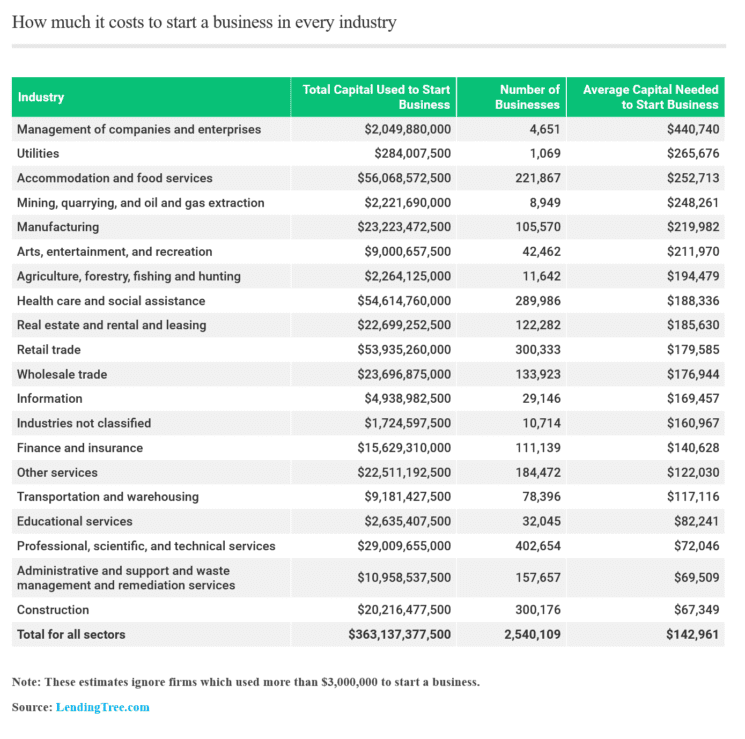
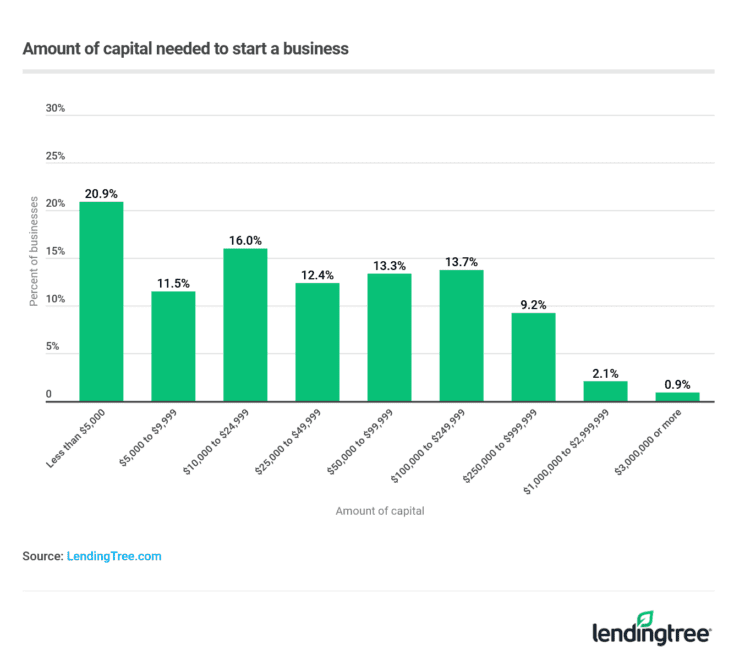
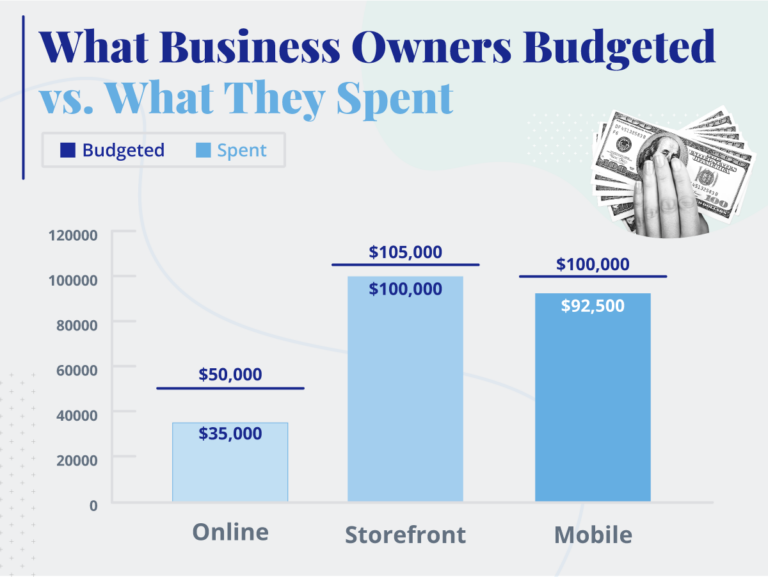

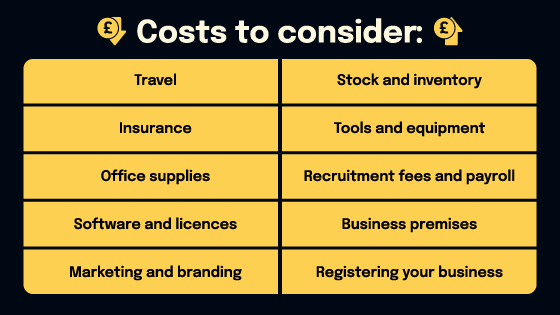

![How Much Does It Cost To Start A Company [Infographic] Small Business Startup Costs – Canada Small Business](https://www.canadastartups.org/wp-content/uploads/2017/07/startupbuddy.com_.png)
